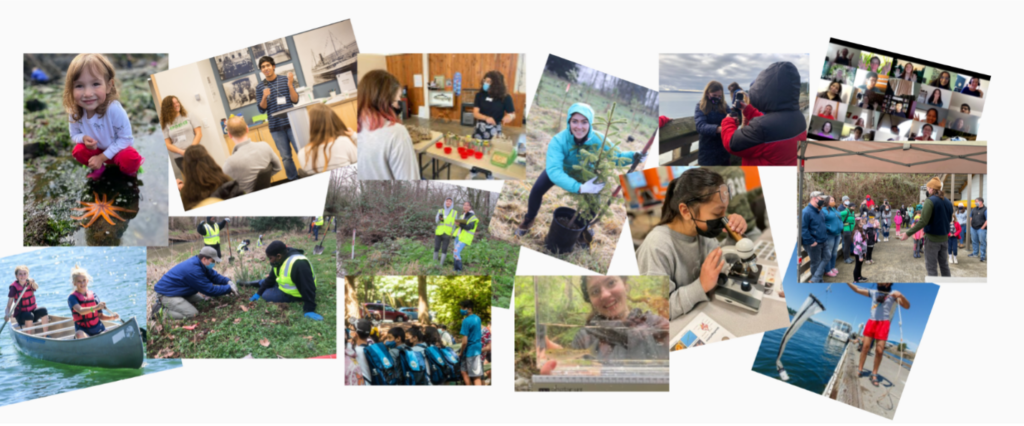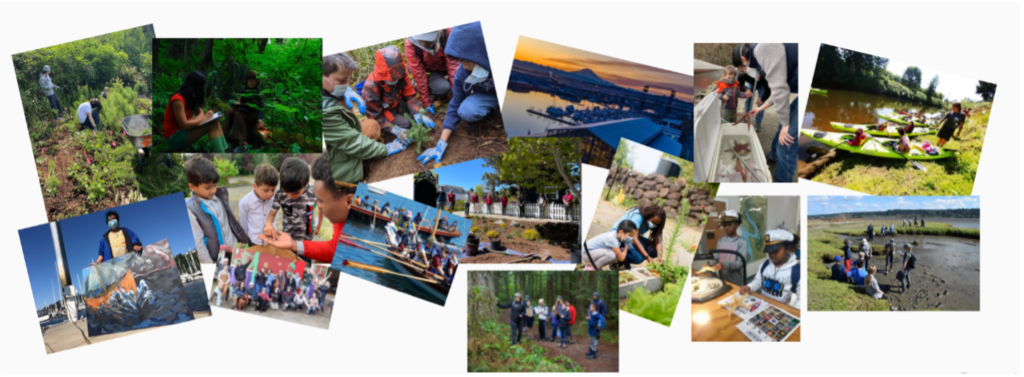Case Studies
Building Relationships: Environmental Education Grantee Huddle

As philanthropy continues to adapt to best practices to build and maintain relationships with community partners, TRFF has also tried different ways to nourish long-term and new relationships with our Environmental Education (EE) Grantees.
Over the years, we have provided different options for grantees to share progress on their grants including verbal reporting instead of written reports. Verbal updates have been a practice that we found most helpful in learning about grantees’ work and the issues facing many of our partners. Organizations also expressed how welcoming this was for them as they preferred meaningful conversations about their work over having to write a report.
The Trust-Based Philanthropy Project (TBPP) has highlighted this practice as a great way to build trust and transparency with community partners. Some TBPP webinars have shared examples of how foundations have facilitated group reporting or a “huddle,” and how it has proven to be a great tool to build a learning network of community partners.
Recently, I convened twenty-two EE grantees to pilot this type of reporting experience from grants awarded in 2021. For the huddle to be meaningful for grantees, I requested input to develop the agenda by asking for 2-3 learning questions. The responses provided rich content and opportunities for future conversations and capacity-building support.
The main goals of this session were to enable meaningful connections among grantees, foster learning about each other’s experiences of the past year, and develop a shared understanding of the ways in which our Foundation can continue to support them.
The learning questions resulted the following priorities for conversations: Diversity, Equity, Access and Inclusion (DEAI) Considerations, Evolving Funding Streams, and the “New Normal”. The pandemic continues to prove to be a challenge for many organizations and although these conversations are not new, they are enhanced by the different challenges that have come with COVID 19. Some key takeaways:
- Given that it has been a historically white-dominated field, there is a need to prioritize DEAI considerations in leadership positions within the environmental education field.
- There is a desire to continue to have conversations about DEAI and how organizations can work with BIPOC interns to mentor them and help position them to take leadership roles in the field.
- Grantees expressed interest in meeting quarterly or biannually to connect with each other to tackle different topics and challenges.
- Although these organizations share a commitment to EE and have common programmatic features, many of them had never met each other before and were excited to find ways to support each other.
Feedback from participants was positive and encouraging and I hope we can support their efforts for continued connection, capacity building, and strong relationships in the months to come.


